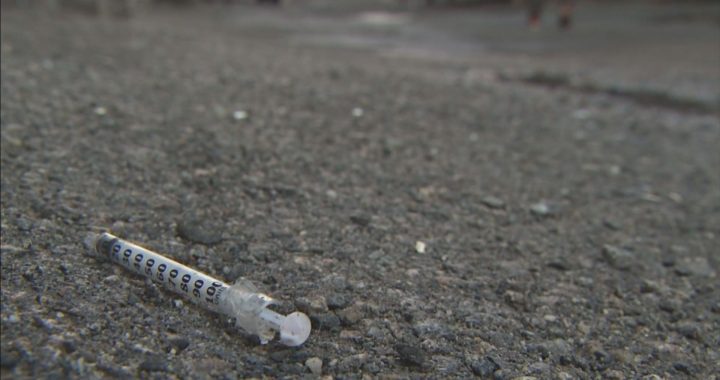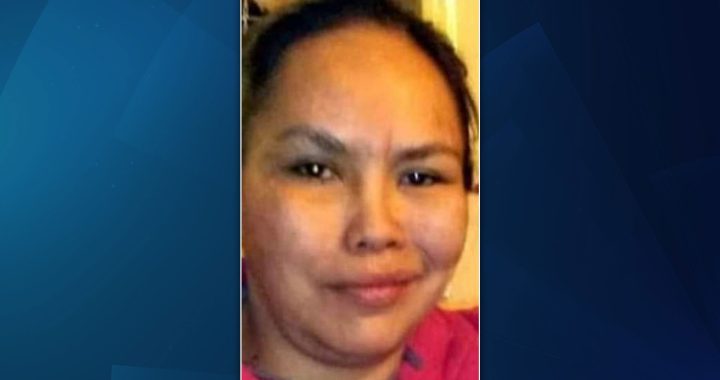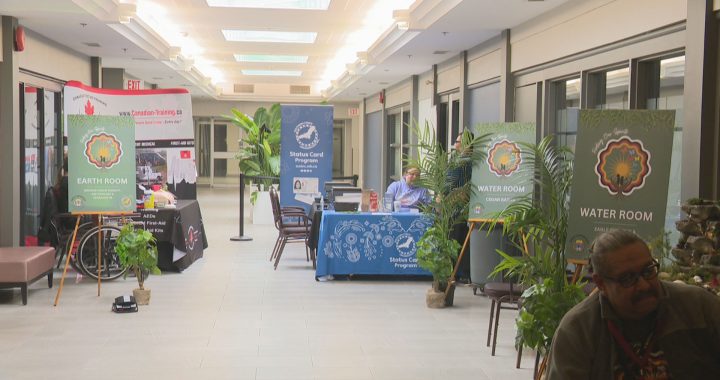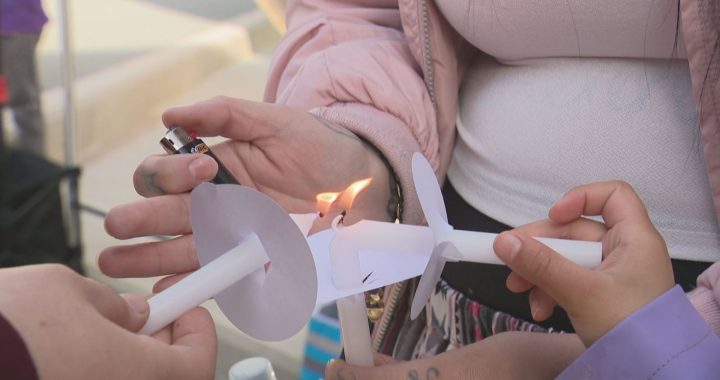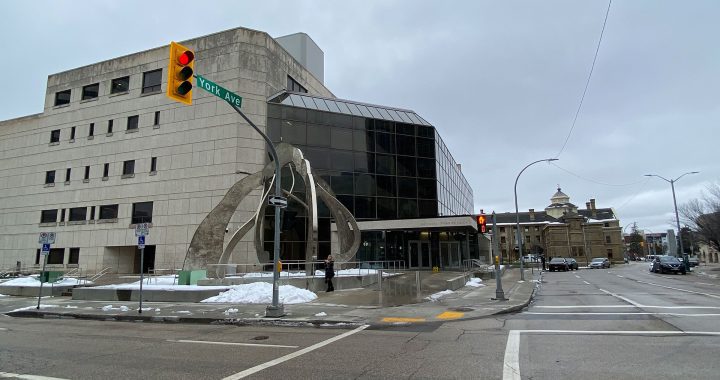St. Theresa Point First Nation is taking matters into its own hands as it deals with the deaths of two young girls.
Its Chief says they’ve lost confidence in the RCMP to stop the drug crisis plaguing northern communities and is calling for a special coroner’s inquest and an investigation by a police force other than the RCMP.
“We challenge both Canada and Manitoba to undertake extraordinary measures to stop and curb deaths resulting from drugs,” said Chief Elvin Flett at a news conference in Winnipeg on Friday.
Flett that two 14 year old girls, Dayna Shingoose and Emily Mason, who were found outside in -23 weather on March 1, died from illicit drug use. According to Flett, while the toxicology tests and autopsies are being done, legal processes aren’t in place to hold drug traffickers accountable.
He called the lack of charges in their deaths a failure of the legal system and is demanding an outside police force investigate.
“We have strong suspicions other youth deaths may not have been investigated properly and through such, a special coroner’s inquest may warrant further investigation into other suspicious deaths,” said Flett.
Flett said his nation is ready to enact “safety and protection indigenous laws” to clamp down on drug traffickers. Flett said he also wants the provincial government to allow First Nations to allow for luggage searches at the point of arrival at the airport. St. Theresa Point is located 610 km northeast of Winnipeg and is accessible by plane and boat in the summer and by winter road in the winter.
“St. Theresa point members and non-members will be treated equally under the administration of these laws,” he said. “Non-members who visit our community or live there, whether they be of certain profession, private and public sectors interests will be served notice that if they do not wish to be searched of their luggage and other belongings will not be allowed to come to St. Theresa point.”
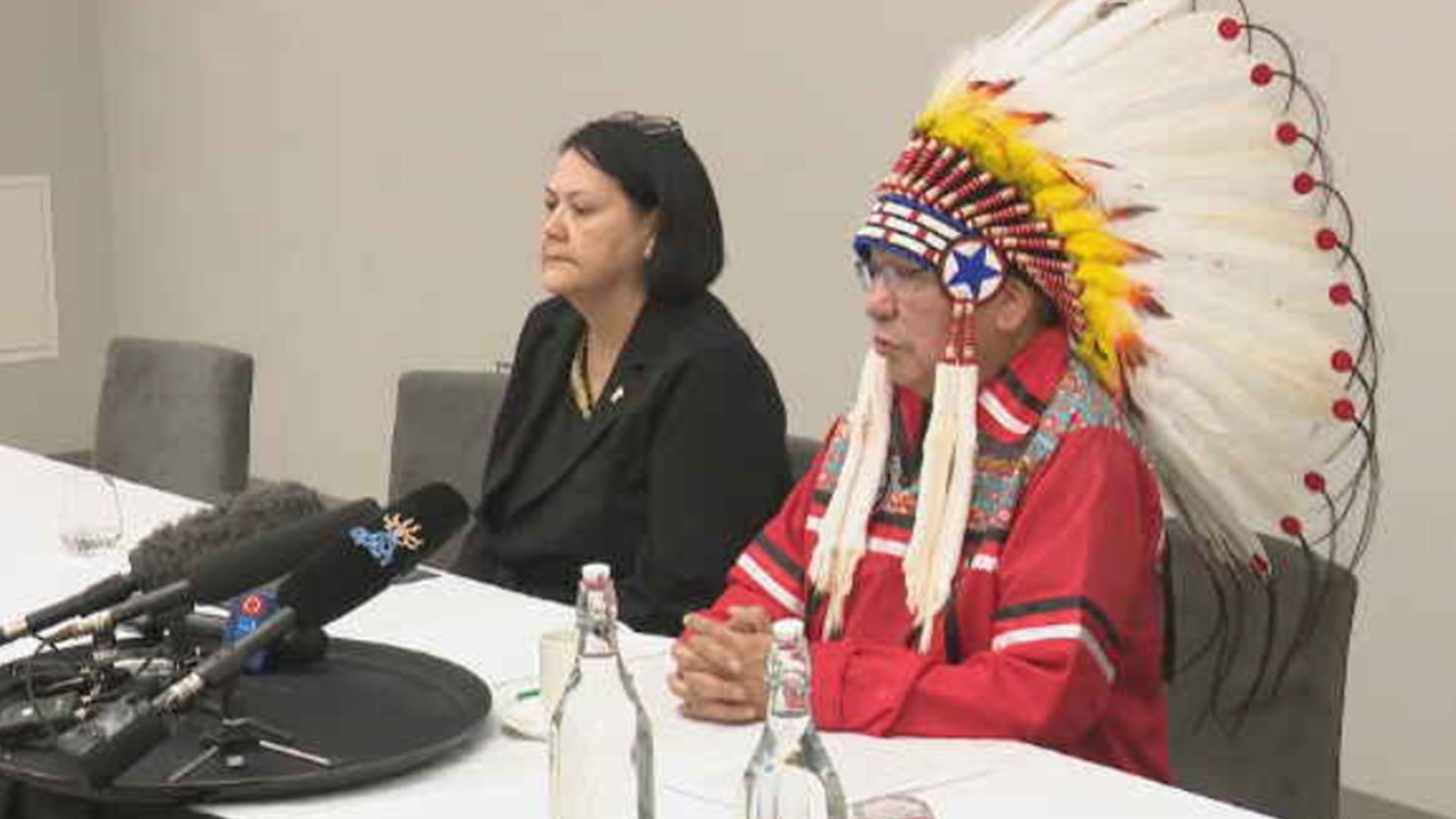
In a statement emailed to APTN, the government of Manitoba said it is committed to safe communities.
“However, the random search of luggage raises a number of complex constitutional issues that relate to privacy interests and section 9 constitutional rights,” the statement said. “It should be noted that the prosecution of drug offences remains an area of federal jurisdiction and any advice related to drug searches and enforcement would fall to the public prosecution service of Canada. The Manitoba government will continue working with First Nations leadership and the federal government to address the illegal transport of drugs into First Nations communities.”
On March 23, Keewatin Tribal Council called on the federal government to declare a state of emergency related to drugs and inadequate policing in its 11 northern communities.
Assembly of Manitoba Chiefs Grand Chief Cathy Merrick said with states of emergency now in 15 First Nations, the province can’t be allowed to write off these deaths as mere statistics of addictions.
“The addiction crisis has (been) a state of emergency for some time. Drug traffickers are in our communities. And people are dying without any services to help them. And this has been an outcry in terms of the resources that are needed in our First Nations Communities.”





